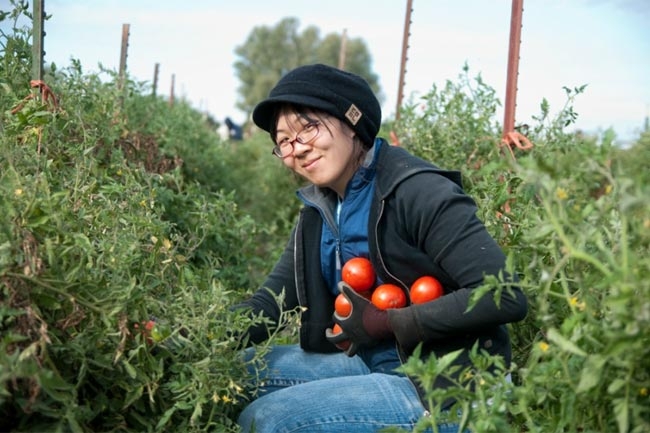
In 1971, student enthusiasm for a garden at UC Santa Cruz that used natural cultivation methods grew so much so that 14 acres were set aside for the UC Santa Cruz Farm and Garden to create more opportunities to research and teach organic farming. Meanwhile, a student-led seminar at UC Davis on alternative agriculture mushroomed into a group that lobbied campus administration for land to create a farm that would explore sustainable agriculture. With support from the College of Agricultural and Environmental Science, the UC Davis Student Farm formed in 1977 on 20 acres of what was then a remote corner of campus.
In the decades that followed, these student-led movements helped spur the growth of organic farming and formed the foundations for innovative sustainable agriculture research and education programs at UC Davis and UC Santa Cruz that have served as models for other universities.